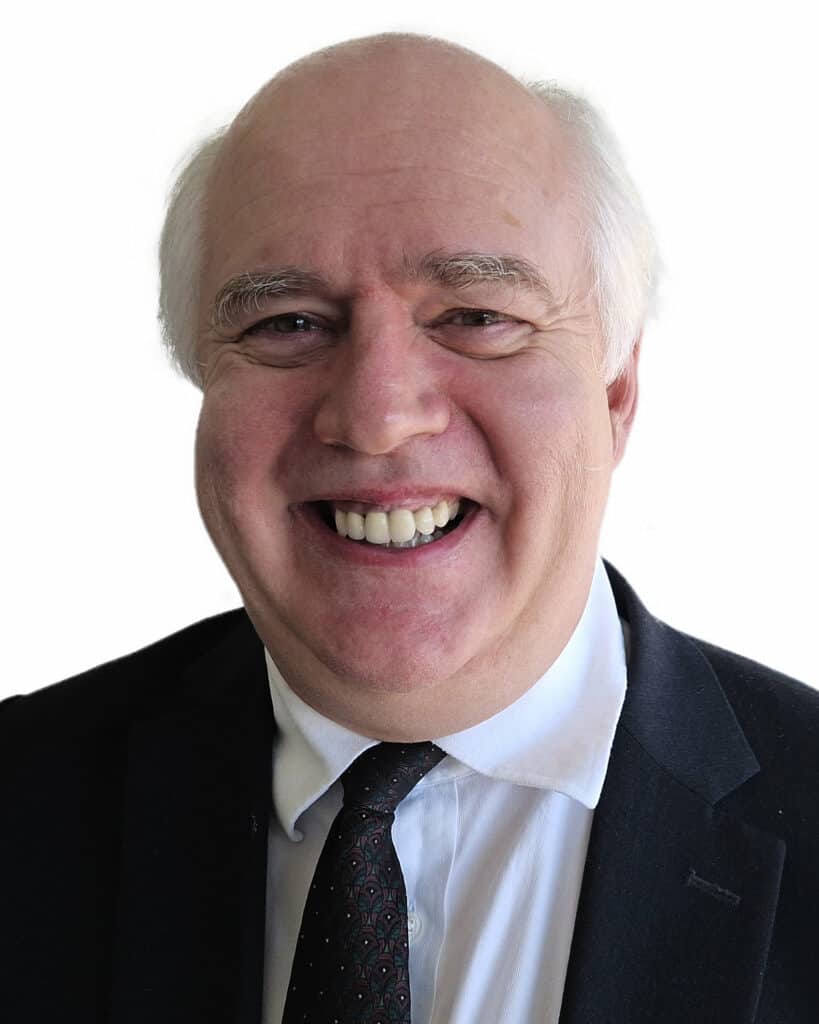
In BC, estate litigation requires prompt action due to strict time limits: 180 days for wills variation claims and two years for executor misconduct challenges. You can contest wills based on capacity issues, undue influence, improper execution, or inadequate provision for spouses and children. Consider cost-effective alternatives to court such as mediation or negotiation. Properly documenting evidence strengthens your case. Understanding your legal rights and responsibilities can greatly impact the outcome of your estate dispute.
Understanding the Time Limits for Estate Challenges in BC
When pursuing estate litigation in British Columbia, you must be aware of strict time limitations that can affect your ability to challenge a will or make claims against an estate.
Under the Wills, Estates and Succession Act (WESA), you typically have only 180 days (six months) from the date of probate to file a wills variation claim if you’re a spouse or child of the deceased.
Time waits for no one – especially in estate claims. WESA gives spouses and children just 180 days from probate to contest a will.
For claims of undue influence or lack of testamentary capacity, it is advisable to act before probate is granted. Once assets are distributed, recovery becomes considerably more difficult.
If you are questioning an executor’s actions, you generally have two years from the date of discovery to bring a claim forward. Missing these deadlines can permanently extinguish your right to pursue legal action.
Key Grounds for Contesting a Will in British Columbia
Several legitimate grounds exist for contesting a will in British Columbia, each requiring specific evidence and legal arguments to succeed.
You can challenge a will if the testator lacked mental capacity when creating it or if they were unduly influenced by someone who benefited from the will.
A will may also be contested if it was not properly executed according to legal requirements or if there is evidence of fraud.
For spouses and children specifically, BC’s Wills, Estates and Succession Act allows challenges based on inadequate provision – when the will does not provide reasonable financial support.
Each ground has different standards of proof and timelines.
While anyone can dispute a will’s validity on technical grounds, only spouses and children can challenge based on unfairness or inadequate provision.
The Role and Responsibilities of Executors Under WESA
Executors play a pivotal role in estate administration under British Columbia’s Wills, Estates and Succession Act (WESA). When named as an executor, you are legally responsible for carrying out the testator’s wishes and managing their estate. This includes gathering assets, paying debts, filing tax returns, and distributing property to beneficiaries in accordance with the will.
Being an executor means shouldering the legal responsibility to fulfill the deceased’s wishes while properly managing their estate assets.
Your key responsibilities include:
- Maintaining neutrality in any will variation disputes, even if you are also a beneficiary
- Acting in the best interests of all beneficiaries, prioritizing the estate’s interests over your own
- Meeting specific timelines for notifying beneficiaries, applying for probate, and completing estate administration
If you fail to fulfill these duties properly, beneficiaries may petition the court to have you removed and potentially held personally liable for any losses to the estate.
Alternative Dispute Resolution Options for Estate Conflicts
Although estate disputes often conjure images of contentious courtroom battles, several effective alternatives exist that can save both time and money.
Mediation allows parties to work with a neutral third party who helps facilitate constructive communication and negotiation toward mutually acceptable solutions. This approach typically preserves relationships better than litigation.
Negotiation between parties, often with lawyers present, can lead to settlement agreements without formal proceedings. This offers flexibility and confidentiality that court processes can’t provide.
Family settlement agreements, where all beneficiaries consent to an arrangement differing from the will’s terms, provide another viable option.
These alternatives typically cost considerably less than trials, conclude more quickly, and give parties greater control over outcomes than leaving decisions to a judge.
Documentation and Evidence Requirements for Estate Claims
When building a case for estate litigation in British Columbia, you will need to gather thorough documentation that serves as evidence for your claim. The strength of your case often depends on the quality and completeness of your supporting documents.
Courts require clear evidence to substantiate claims regarding testamentary capacity, undue influence, or improper administration.
- The deceased’s will and any previous versions or drafts that may show changes in intentions
- Medical records if challenging mental capacity, including physician notes, psychiatric evaluations, or hospital records
- Financial records showing account transactions, property transfers, or suspicious activity prior to death
Collecting these materials early in the process helps your lawyer assess the viability of your claim and develop an effective strategy.
Remember that incomplete documentation may greatly weaken your position in court.
Financial Considerations: Costs and Fee Structures in Estate Litigation
Before commencing estate litigation in British Columbia, you will need to carefully consider the significant financial commitment involved. Costs can escalate quickly, potentially reaching tens of thousands of dollars if your case proceeds to trial.
Estate litigation can become a costly endeavor, with expenses potentially soaring into the tens of thousands during trial proceedings.
Most estate lawyers work on an hourly fee basis rather than contingency arrangements. You will typically pay for consultations, document preparation, court appearances, and all communication related to your case.
While successful parties may recover a portion of their legal costs, this recovery is at the court’s discretion and rarely covers all expenses.
The estate itself may incur separate legal fees, which are paid from estate assets—effectively reducing the inheritance for all beneficiaries.
Consider exploring alternative dispute resolution methods like mediation, which can substantially reduce these costs.
Navigating Unfair Wills: Strategies for Spouses and Children
British Columbia’s laws recognize that sometimes a will doesn’t adequately provide for certain family members, particularly spouses and children. Under the Wills Estate and Succession Act (WESA), these family members have legal grounds to challenge a will they believe is unfair.
If you are considering challenging a will based on unfairness, remember:
- Only spouses (including those in marriage-like relationships for at least 2 years) and children can bring these challenges.
- Courts balance the testator’s wishes with moral obligations to family members.
- Time limitations apply, so consult with an estate litigation lawyer promptly.
When evaluating unfairness, courts examine factors such as the relationship between the deceased and the claimant, financial circumstances, and whether adequate provisions were made.
Different treatment among children often triggers scrutiny, as does inadequate provision for a spouse.
How Vest Estate Law Can Help
Facing an estate dispute can feel overwhelming, especially when you are dealing with complex legal issues while grieving.
Navigating estate conflicts while mourning creates an emotional and legal burden few are prepared to handle.
Vest Estate Law specializes exclusively in wills and estates law across British Columbia and Alberta, making us uniquely qualified to handle your estate litigation needs.
As a boutique firm focused solely on estate law, we provide exceptional legal services tailored to your specific situation.
Our dedicated team excels at resolving disputes efficiently, whether through negotiation, mediation, or litigation when necessary.
We are committed to guiding you through the entire process—from challenging unfair wills to addressing executor misconduct.
If you are confronting estate litigation issues, working with specialists matters.
Contact Vest Estate Law for assistance with any questions about the estate administration process or dispute resolution.
Frequently Asked Questions
Can Estate Litigation Proceed if the Will Cannot Be Located?
Yes, estate litigation can proceed without a will. You will need to prove its existence and contents through witnesses, drafting lawyers, or copies. The court may accept secondary evidence.
How Are Digital Assets Handled in BC Estate Disputes?
Digital assets require specific handling in BC estates. You will need to identify online accounts, locate passwords, and determine their transferability. WESA does not explicitly address digital assets, so written directives are essential.
What Happens if a Beneficiary Dies During the Litigation Process?
If a beneficiary dies during litigation, their rights typically transfer to their estate. You will need to add their personal representative to the lawsuit and update legal documents accordingly.
Can Non-Residents Challenge a BC Will Containing Canadian Assets?
Yes, you can challenge a BC will as a non-resident if you have standing as a spouse or child of the deceased, or other legitimate grounds for contesting the will’s validity.
How Does Marriage or Divorce Affect an Existing Will?
Marriage or divorce dramatically changes your will. In BC, marriage no longer revokes your will, but divorce eliminates your ex-spouse as a beneficiary unless you have specifically stated otherwise in your will.

We serve the entire province of BC. Our experienced paralegals can meet with you in Vancouver and throughout the Lower Mainland, making it easier for you to get the assistance that you need. We also have an interior office in Kamloops. That said, our lawyers have the infrastructure to work with any of our clients virtually — even in the furthest regions of British Columbia.
Call (604) 256-7152 [toll free 1 (877) 415-1484] to get routed to the best representative to serve you or contact us online to schedule an appointment.
We also have a dedicated intake form to help you get the ball rolling. Our intake team will review your specific case and advise you on the next steps to take and what to expect moving forward.
Our offices are generally open 8:30 a.m.—5:00 p.m., Mon—Fri.
Vest Estate Law is dedicated to providing you with practical and innovative advice in estate administration, estate planning, and estate disputes, do not hesitate to reach out and one of our knowledgeable staff will respond promptly to arrange a consultation that meets your needs.


Myron Plett
WILLS and ESTATES LAWYER
Myron is a seasoned litigator with nearly twenty years of experience and a broad range of skills that has led to significant successes in the Provincial Court of British Columbia, the Supreme Court of British Columbia. He has also taken his clients to victory before tribunals such as the Residential Tenancy Branch and the BC Human Rights Tribunal.

